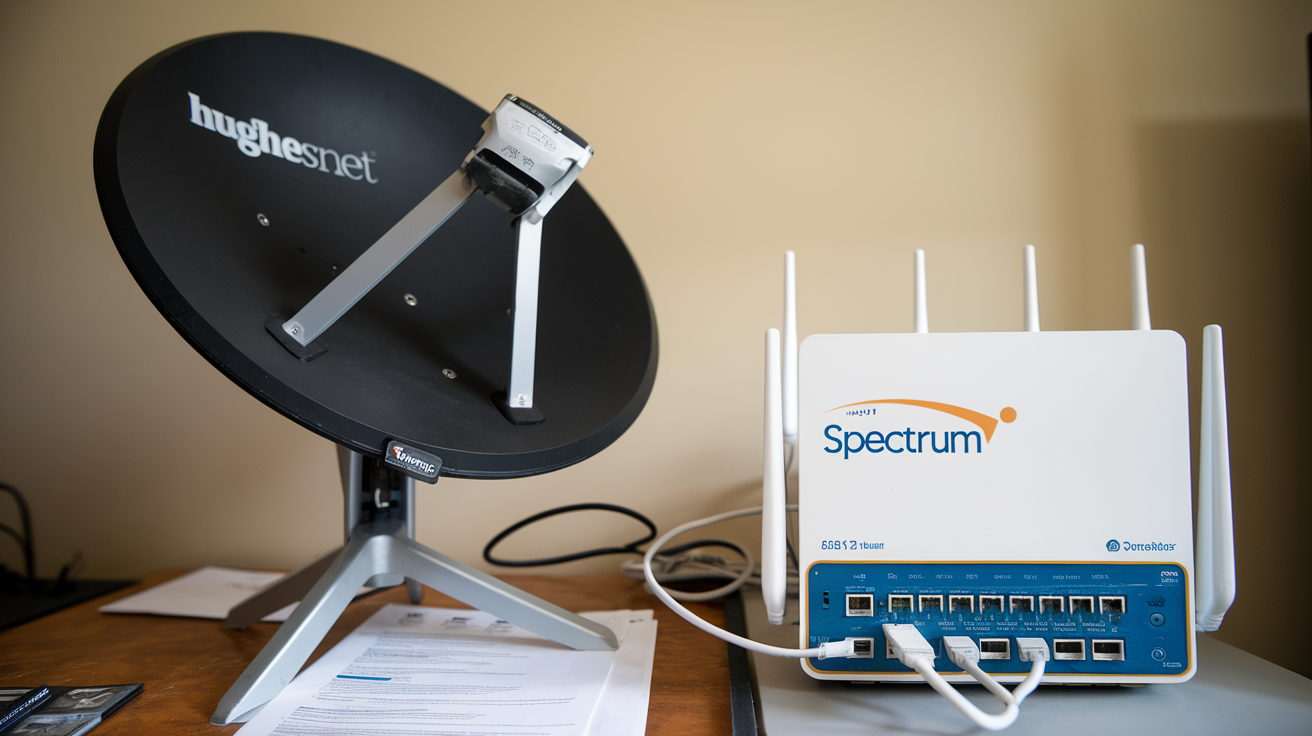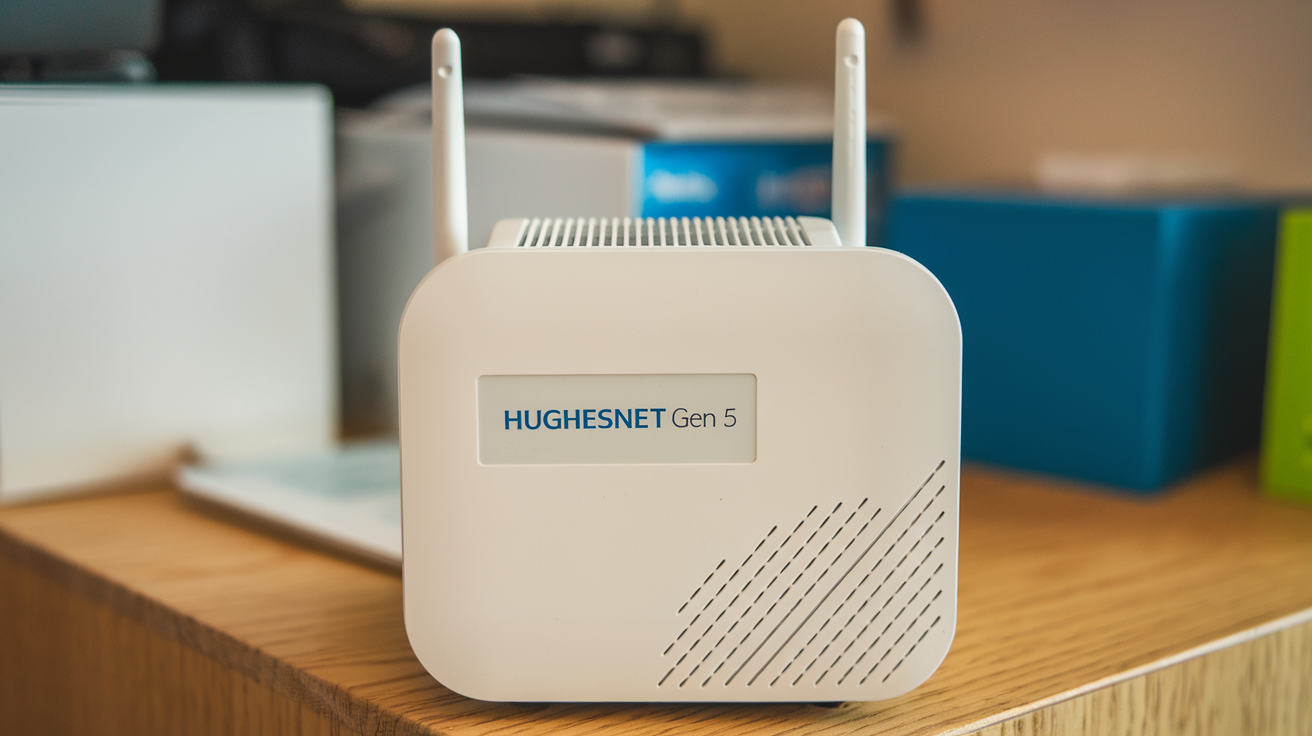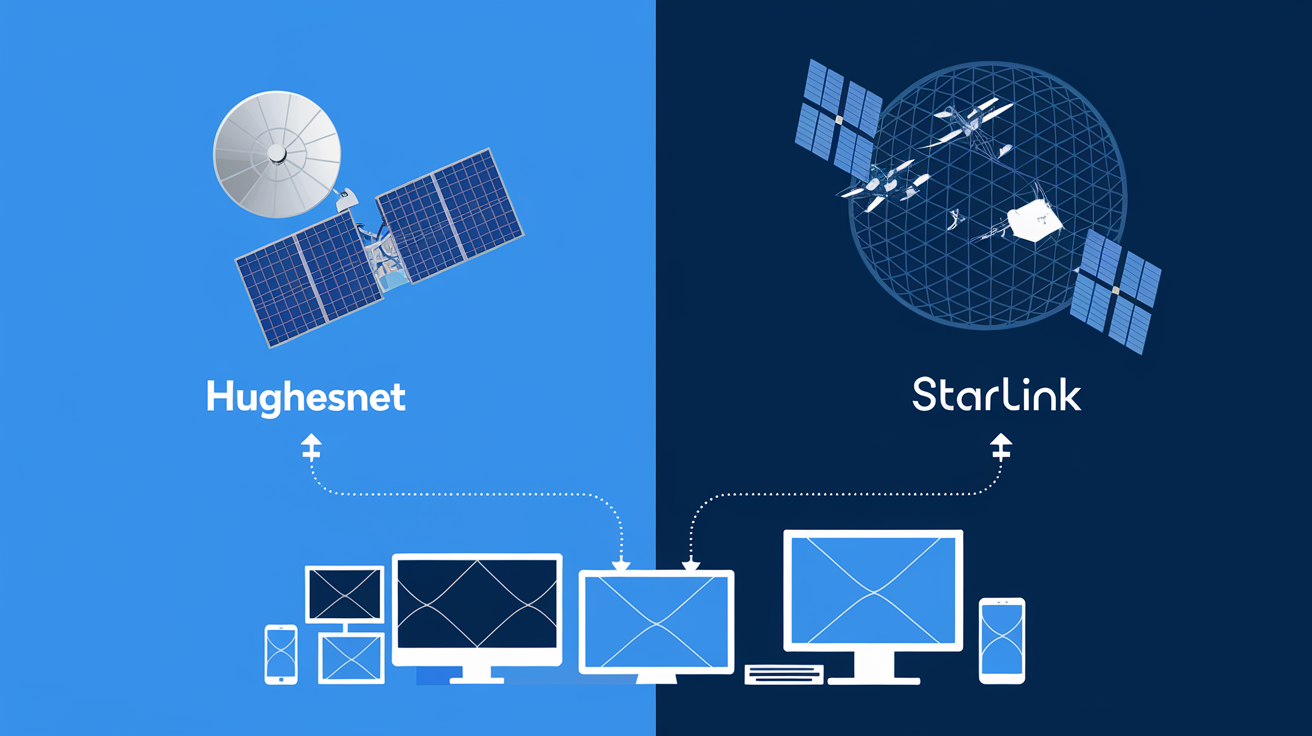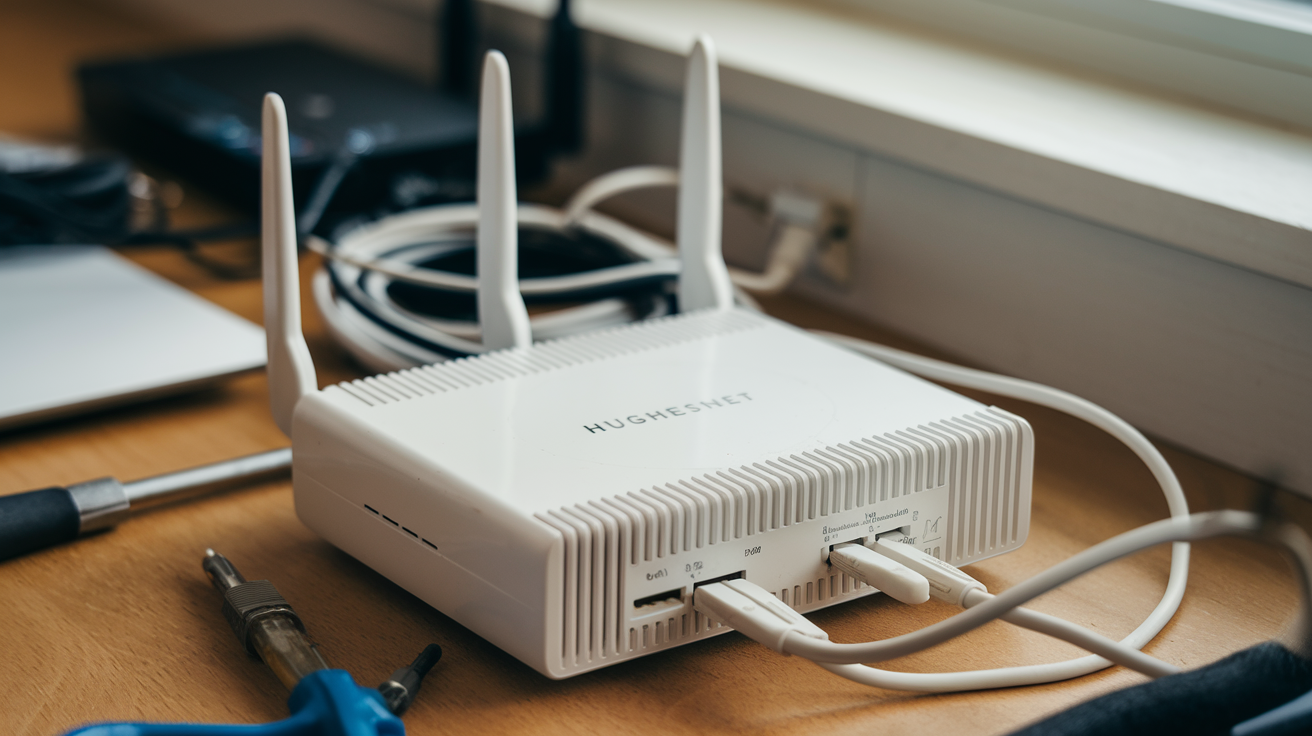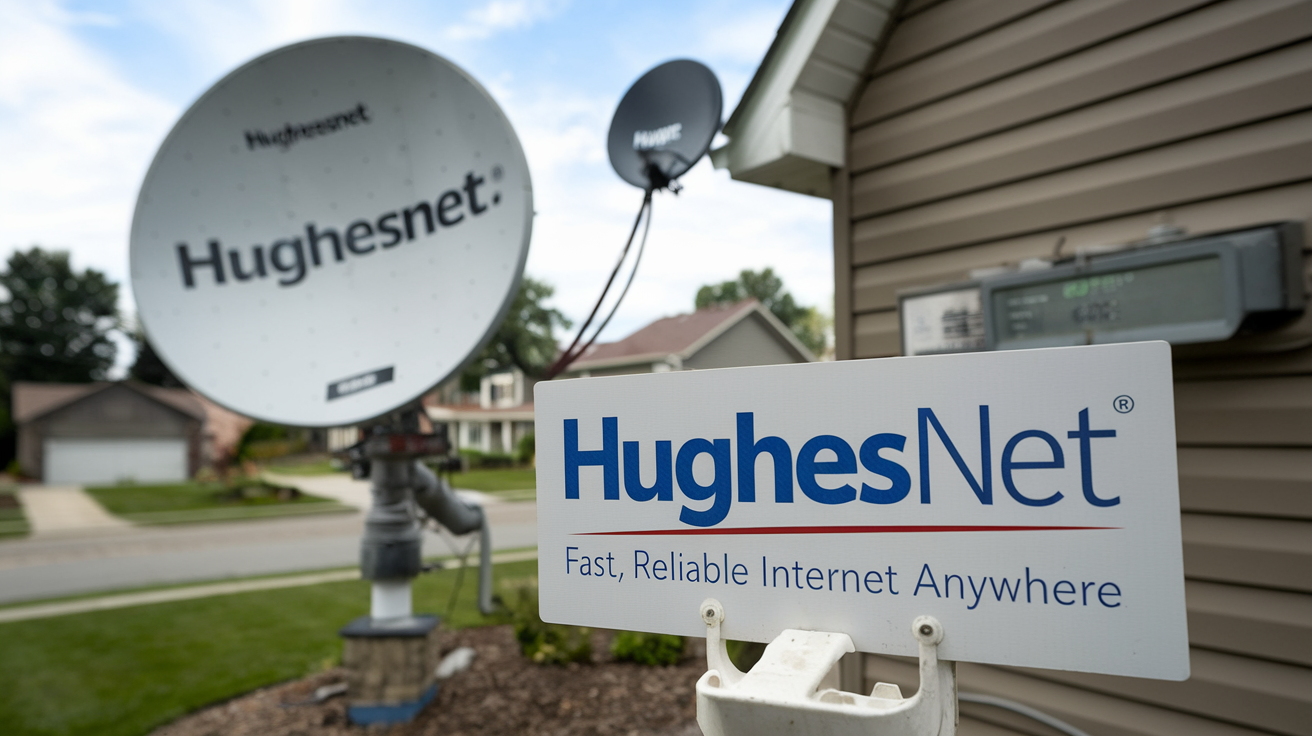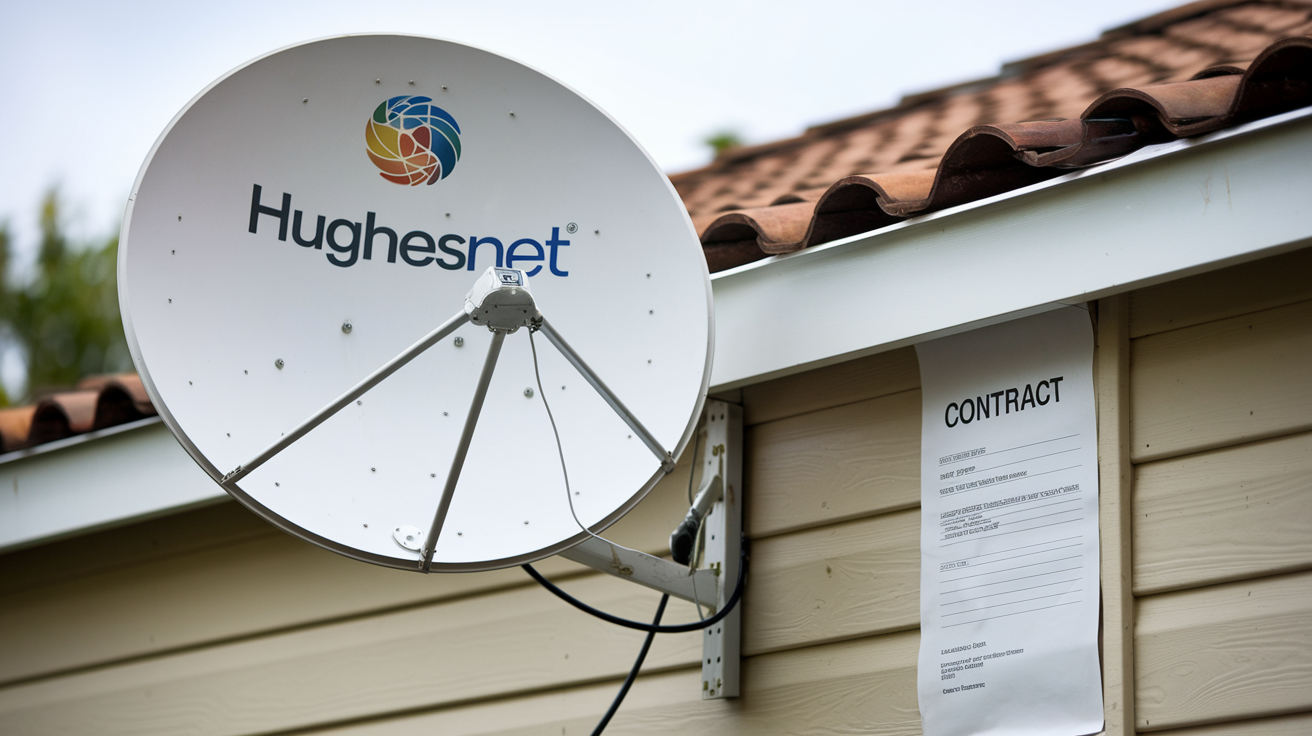
In today's world, having a good internet connection is very important. This is especially true for people living in rural areas where cable or fiber internet is hard to find. For them, satellite internet is a strong choice. HughesNet is one of the top companies that provide satellite internet to help solve this problem. Before you sign up with any service, it's important to understand the service terms, like contract obligations. This blog post will look at the details of HughesNet contracts to help you decide better.
Understanding HughesNet's Service Structure
HughesNet uses satellite internet technology to provide its services. This means your internet connection comes from a satellite in space to a satellite dish at your home. This technology offers wide coverage, even in remote areas that traditional internet providers may not reach. To use this satellite internet service, you will need special equipment. This includes a HughesNet modem and a satellite dish for communication with the satellite.
While satellite internet has a great reach, it has some special factors to consider. Unlike cable or fiber internet that uses physical cables, satellite internet can experience latency. This is a small delay in data transmission, caused by the long distances that signals must travel.
The Basics of Satellite Internet with HughesNet
HughesNet provides HughesNet internet through a group of satellites that orbit around Earth. This setup helps cover almost every part of the US. It's a good choice for people living in rural areas or places where cable and fiber internet are hard to find.
HughesNet has different plans to choose from. The download speeds vary, usually between 25 Mbps and 100 Mbps. Although these speeds are not as fast as cable or fiber, they work well for things like browsing, social media, and streaming. However, if you want to do tasks that use a lot of internet data, you might face some limits. This happens because of the latency with satellite internet.
Keep in mind that the performance of satellite internet, like download speeds, can change due to weather. Heavy rain or snow may mess with the satellite signal, which can cause slower speeds or brief outages.
Key Features and Limitations of HughesNet Services
When you think about HughesNet service, it's important to consider both the good and the bad. One great thing about HughesNet is its wide coverage. As a satellite internet provider, HughesNet serves almost every part of the United States. It connects people in places where other types of internet, like cable or fiber, aren't available.
On the other hand, HughesNet has some downsides. The biggest issue is its latency, which means there can be delays when sending data. This delay might cause lag during online gaming or video calls. Plus, HughesNet Internet plans often have data caps. This means your internet speed might slow down once you use a certain amount of data in a month.
Here’s a quick summary of HughesNet features and drawbacks:
-
Pros: Wide coverage, reliable service even in remote areas.
-
Cons: Higher latency compared to cable or fiber internet, risk of data caps, and possible interruptions due to bad weather.
HughesNet Contracts and Agreements
Signing up with HughesNet means you will agree to a contract. This contract explains the terms of service for a set time. This is common for many internet providers, including satellite services. The contract helps make sure both you and HughesNet are committed. It also guarantees that the service will be available.
It's important to understand the details in these contracts. This will help you check if the service fits your needs. A careful look at the contract will show you key points, like how long the contract lasts and any early termination fees. Make sure to review this before you decide to sign up for the service.
The Significance of Contracts in HughesNet Subscriptions
Contracts are an essential part of HughesNet subscriptions. They act as a legal agreement between customers and the company. These contracts explain the terms of service, which makes it clear for everyone. One important part of these agreements is the commitment period, which is usually 24 months for HughesNet services. This time helps customers have a steady internet connection and know what monthly fee to expect.
The contract is important because it protects both sides. For HughesNet, it ensures they have customers, allowing them to manage resources for providing service. For subscribers, the contract guarantees that they will have internet access for the set time at the agreed price. This clarity helps customers plan their budgets well and ensures they have the internet when they need it.
However, it is vital to understand what may happen if you break the contract. If you end the service before the commitment period is up, there may be early termination fees.
Terms and Conditions You Need to Know
Before committing to a HughesNet plan, it's crucial to thoroughly review the terms and conditions outlined in your contract to understand the full scope of the agreement. Pay close attention to the service termination fee, also known as an early termination fee (ETF), which applies if you cancel your service before the end of the contract term.
HughesNet's early termination fees are prorated, meaning the amount you'll pay decreases for each month of service completed. Typically, there's a maximum ETF amount, often around $400, that gradually decreases over the length of the contract. Other important considerations include any additional fees for equipment, installation, or activation.
Here’s a table summarizing potential fees with HughesNet:
|
Fee Type |
Description |
|---|---|
|
Early Termination Fee |
Charged if you cancel your service before your contract term ends. |
|
Equipment Fee |
May apply for leasing or purchasing equipment like modems or satellite dishes. |
|
Activation Fee |
A one-time charge for activating your HughesNet service. |
|
Installation Fee |
Depending on the offer and your location, an installation fee might apply. |
Navigating HughesNet Plans and Commitments
HughesNet knows that people have different internet needs. That's why they offer many service plans to match different ways of using the internet. Whether you want to browse, stream, or do things that need a lot of data, there is probably a HughesNet plan for you. These plans usually come with different download speeds and data limits, which will affect your monthly cost.
When you pick a HughesNet plan, it's important to think about how your household uses the internet and how much data you use each month. Choosing a plan that fits your needs will help you enjoy a good online experience, without extra charges or slow internet.
Deciphering Plan Options and Contract Lengths
HughesNet offers different plans to meet various needs. When looking at these HughesNet plans, think about important things like download speeds, data limits, and the length of contracts. Most plans have a set contract length of 24 months. This means you agree to use HughesNet's service for two years and will pay a monthly fee during this time.
This commitment gives you steady service, but you should also carefully think about your future internet needs. If you might move or your internet needs might change a lot during the contract, consider these things before you sign.
Keep in mind that the terms and conditions can change based on where you live and the time of order. It is always a good idea to check these details with HughesNet customer service. This way, you can make a good choice about the best plan for you.
Early Termination Fees and How to Avoid Them
A key point to understand about HughesNet contracts is the early termination fees. These fees can be a problem for people who do not know what the contract means. They are meant to help cover costs that HughesNet faces when a customer ends their service before the contract time is up.
HughesNet, like other satellite internet companies, spends money on equipment and building networks to provide internet services. The early termination fees help offset these costs if a customer leaves early. Usually, these fees go down over time as you complete more months of service.
To avoid paying these fees, think carefully about your internet needs and plans before you sign a contract. Look at things like if you might move or if you will change how you use the internet, which might mean you need to change providers. If you must stop your HughesNet service early, check if you can transfer your contract to a new address or a new person. Doing this could help you avoid the termination fees.
Conclusion
In summary, it is important to understand the contracts and service plans of HughesNet. This will help you make smart choices about your internet services. When you know the terms, conditions, and how long the commitments last, you can choose from different plans more easily. Keep an eye out for early termination fees, and look for ways to avoid them if you need to. By being informed and taking action, you can have a good experience with HughesNet that fits your needs. If you have more questions or need help picking the best plan, our experts are ready to assist you.
Reach out at (888) 797-3141 for Instant Hughesnet Internet Connectivity!
